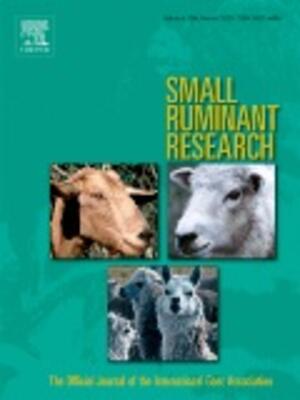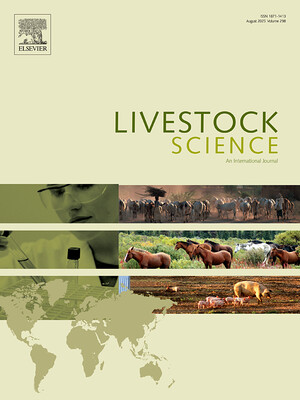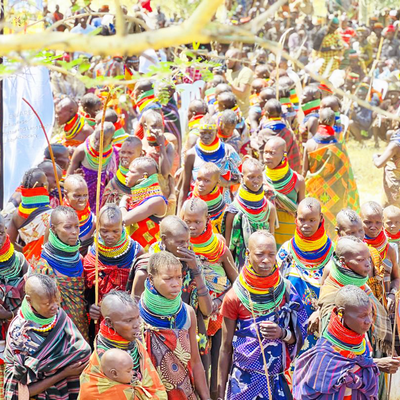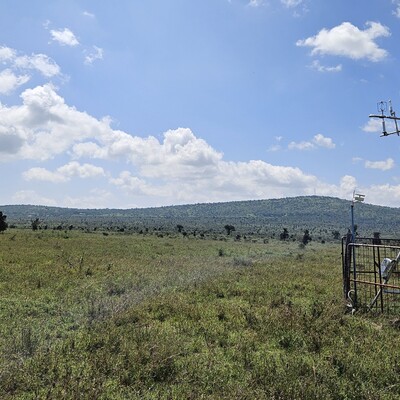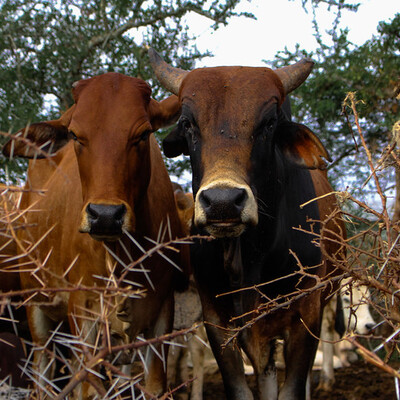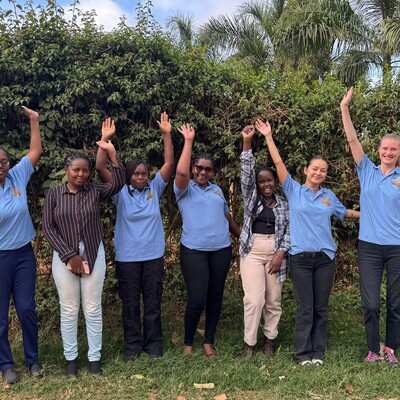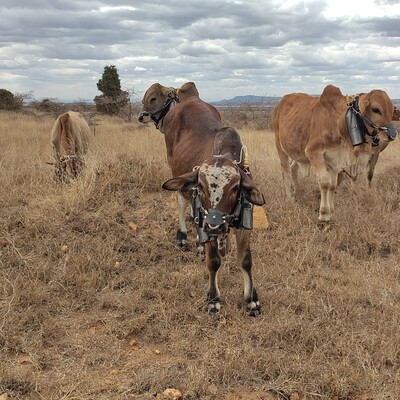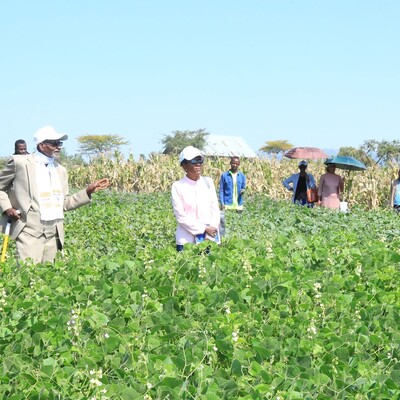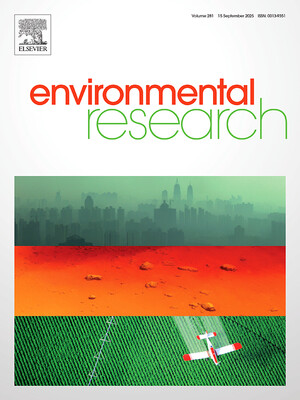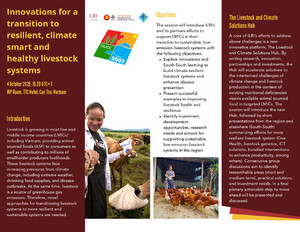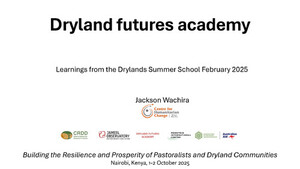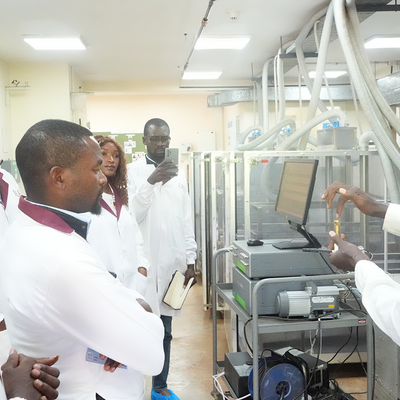ILRI research contributes to the CGIAR impact area on Climate Adaptation and Mitigation.
Climate change poses major risks for food production, livelihoods and nutrition through high temperatures, erratic rainfall, drought, flooding, and sea level rise. On the flip side, agriculture and food systems produce almost a third of global greenhouse gas emissions—yet they could be a global carbon sink. Supporting vulnerable small-scale producers to adapt to climate change and reducing greenhouse gas emissions from agrifood value chains are essential for sustaining food systems and ensuring food and nutrition security.

